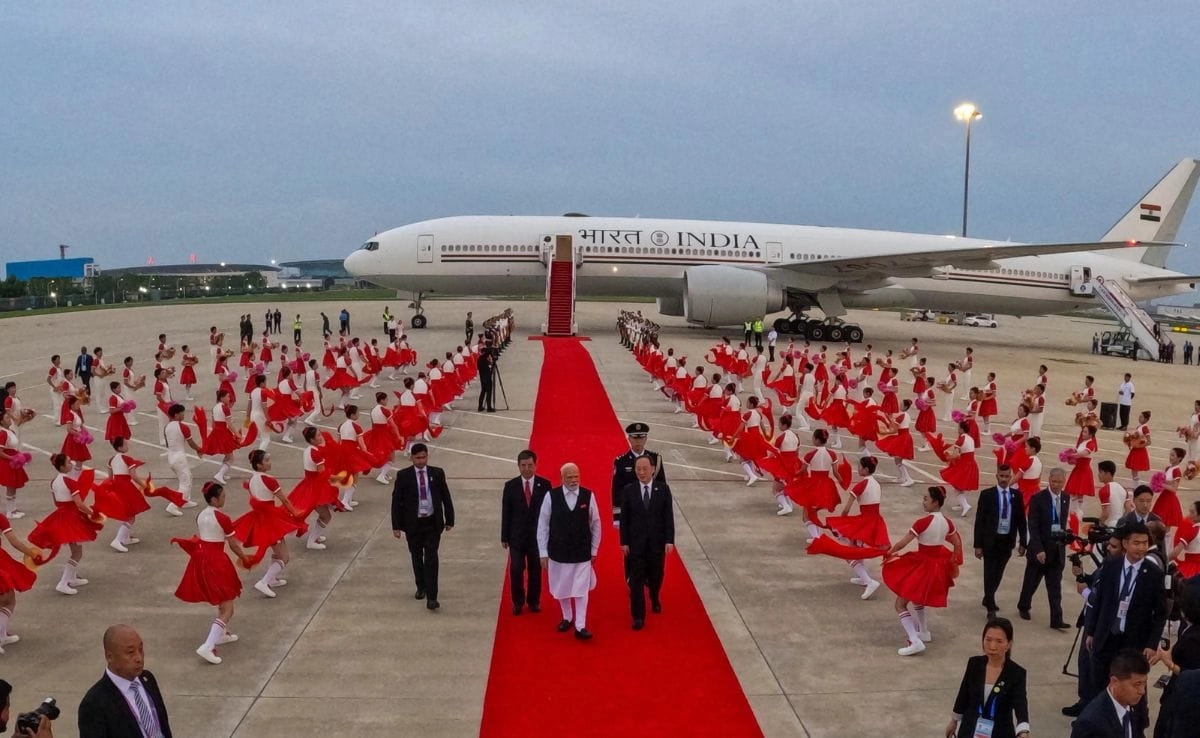During a recent visit to Punjab, Congress leader Rahul Gandhi found himself in an unexpected situation when he was stopped by police while trying to proceed to a designated location. In a moment that quickly captured attention, Gandhi engaged in a brief exchange with a police officer, questioning the rationale behind being halted. With a hint of exasperation, he asked, “Is it not India?” This interaction not only highlighted Gandhi’s frustration with the authorities but also underscored broader issues related to freedom of movement and the role of law enforcement in political contexts.
The incident took place amid a backdrop of heightened security measures in the region, which some critics argue are often employed to stifle political dissent or limit the activities of opposition leaders. Gandhi’s questioning of the police officer can be seen as a reflection of the prevailing sentiment among many political figures who feel that their movements are being unduly restricted in the name of security. It raises pertinent questions about the balance between maintaining public order and ensuring that democratic processes, such as political campaigning and public engagement, can proceed without unnecessary interference.
Moreover, this encounter is emblematic of the ongoing political tensions in India, especially in regions like Punjab, where issues of identity, governance, and police authority frequently come to the forefront. Gandhi’s remark invites us to consider the extent to which the freedoms enshrined in the Indian Constitution are upheld in practice, particularly for those in opposition. As political leaders navigate these complexities, the incident serves as a reminder of the delicate interplay between authority and individual rights in a vibrant democracy.
Ultimately, Gandhi’s experience resonates with many citizens who may feel similarly constrained by bureaucratic measures. His rhetorical question, “Is it not India?” reflects a deeper yearning for a nation where the rule of law and democratic principles are uniformly applied, allowing for an open political discourse and the free movement of individuals, regardless of their political affiliations. This moment not only speaks to the current political climate but also serves as a call to action for safeguarding the democratic ethos of the country.




